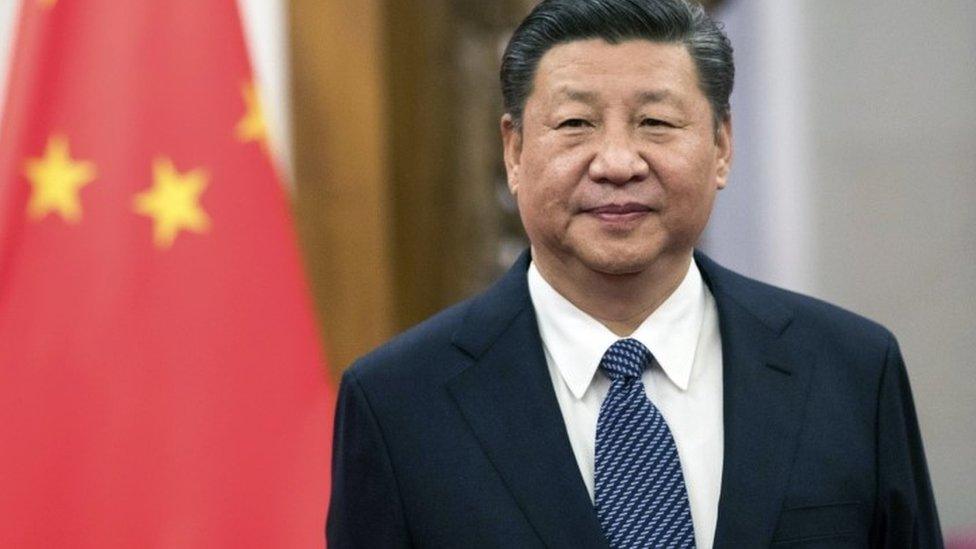- Courses
- GS Full Course 1 Year
- GS Full Course 2 Year
- GS Full Course 3 Year
- GS Full Course Till Selection
- Answer Alpha: Mains 2025 Mentorship
- MEP (Mains Enrichment Programme) Data, Facts
- Essay Target – 150+ Marks
- Online Program
- GS Recorded Course
- Polity
- Geography
- Economy
- Ancient, Medieval and Art & Culture AMAC
- Modern India, Post Independence & World History
- Environment
- Governance
- Science & Technology
- International Relations and Internal Security
- Disaster Management
- Ethics
- NCERT Current Affairs
- Indian Society and Social Issue
- NCERT- Science and Technology
- NCERT - Geography
- NCERT - Ancient History
- NCERT- World History
- NCERT Modern History
- CSAT
- 5 LAYERED ARJUNA Mentorship
- Public Administration Optional
- ABOUT US
- OUR TOPPERS
- TEST SERIES
- FREE STUDY MATERIAL
- VIDEOS
- CONTACT US
ANDAMAN & NICOBAR: INDIA’S STRATEGIC ISLAND
ANDAMAN & NICOBAR: INDIA’S STRATEGIC ISLAND
18-05-2024
Recently, The Indian government established a joint and unified operational command in the Andaman & Nicobar Islands with the aim of strengthening maritime security.
ANDAMAN & NICOBAR: HISTORICAL BACKGROUND
- After the 1857 War of Independence, the British set up a prison colony in the Andaman and Nicobar (A&N) Islands and sent many Indian freedom fighters there for life.
- These islands gained a grim reputation, known as kalapani, and were largely ignored by the Indian government in Delhi due to their remote location.
- During World War II, the Japanese occupied the islands with plans to invade India. However, the British took back control after the war.
- Before India’s independence, there was a debate about the fate of these islands. British military leaders suggested keeping them as British territory due to their strategic location.
- However, British Prime Minister Clement Atlee decided to give them to India, especially after the Partition plan was accepted.
- In 1962, when the Indian Navy reported a possible Chinese submarine sighting near the islands, the government finally acted. They stationed 150 sailors there to form a naval garrison for security.
- During the 1965 India-Pakistan war, Pakistan tried to get Indonesia's support. Indonesia even considered taking over the Andaman Islands, seeing them as part of Sumatra and in a strategic location between East Pakistan and Indonesia. However, the war ended before any action was taken.
- Further in 1976, the A&N naval garrison, bolstered by army reinforcements, was elevated to the status of Fortress Andaman & Nicobar.
- Following a security reassessment after the Kargil War in 2001, India inaugurated its inaugural joint/unified operational command — the Andaman Nicobar Command (ANC) (i.e., Theatre Command) situated in Port Blair.
THEATRE WARFARE AND THEATRE COMMAND
- The word ‘theatre warfare’ means the entire land, sea and air areas are involved directly in war operations.
- Theatre command refers to unified command under which all the resources of the Army, the Navy and the Air Force are pooled, depending on the threat perception.
- There will be one commander who will control all the assets and forces of Air Force and Army which will lead to greater jointness and coordination in response.
- The commands could be geographical — like looking at a border with a particular country — or thematic, like a command for all maritime threats.
NEED FOR THEATRE COMMAND
- Enhanced coordination between the armed forces for prompt and effective military response during conflict or war.
- Having a unified approach during defence acquisition will reduce the cost of procurement. E.g., Army and IAF acted in silos during procurement of Apache helicopters which increased their cost.
- The theatre command system will help remove redundancies, reducing duplication of resources and bring greater focus in the allocation of resources.
- Unified approach to fighting any future war: A potential conflict with a major military power like China may extend well beyond the typical theatres into the domains of cyber, space and nuclear, which requires a more integrated response from the Indian armed forces.
- Moreover, all major countries globally have already restructured their armed forces on the lines of Integrated Theatre commands. E.g., China, USA, UK, Russia etc.
SIGNIFICANCE OF MARITIME SECURITY
- Freedom of Navigation: Many nations rely heavily on maritime routes for the transportation of goods, energy resources, and raw materials. Seamless navigation allows ships to move efficiently and safely across the oceans, avoiding unnecessary delays and costs.
- Trade & Commerce: Secure shipping lanes facilitate the movement of goods between nations, contributing to economic growth and stability.
- Threats such a piracy, terrorism, and illegal activities can disrupt trade routes, leading to increased costs, supply chain disruptions, and economic losses. E.g., Houthis attack in Red Sea impacted trade and commerce.
- Humanitarian assistance during disasters: Secure maritime routes allow humanitarian organizations and governments to deploy relief supplies, medical assistance, and personnel to disaster-stricken regions efficiently. E.g., during cyclones, tsunami etc.
- Countering piracy and smuggling: Piracy and smuggling pose significant threats to maritime security, endangering the lives of crew members, disrupting trade routes, and undermining regional stability.
As the primary security provider in the region, the Andaman & Nicobar Command (ANC) is tasked with preventing potential interference from a range of state and non-state actors.
To fulfill this role effectively, it must maintain a comprehensive awareness of maritime activities across three dimensions, employing a diverse array of resources including radars, aircraft, satellites, and unmanned vehicles.



